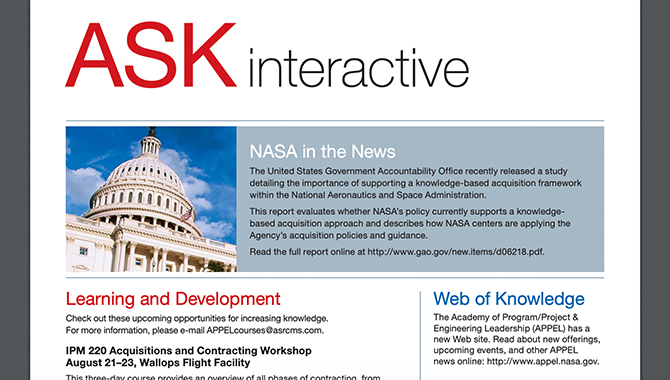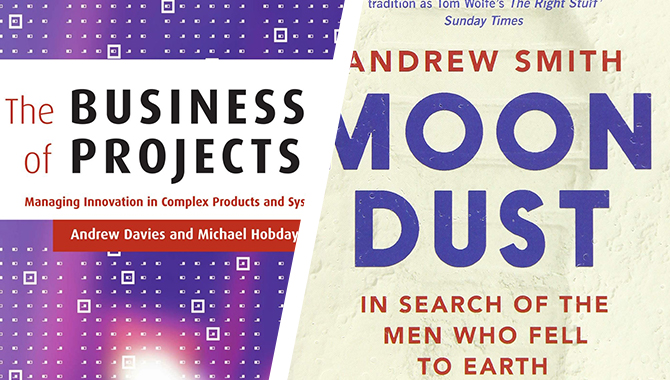
Question To keep your project on schedule, you need prompt decisions or approvals from a manager who often seems unavailable.

Question To keep your project on schedule, you need prompt decisions or approvals from a manager who often seems unavailable.
By Laurence Prusak How comfortable do you feel sitting at your desk reading a book related to your job or your area of expertise? I mean sitting in plain view, reading most of the day, and not answering your phone or responding to e-mail or instant messages.

From time to time, the editors will offer brief reviews of books they believe will especially interest ASK readers. Here are descriptions of two books, very different from one another, that we admire.
E-mail and virtual workspaces are important contributors to knowledge exchange in large, dispersed organizations, but face-to-face conversation adds essential depth and richness to collaboration, knowledge sharing, and trust creation. Here are three brief examples of how these conversations can be encouraged.
By Ed Hoffman We talk a lot about “excellence” at NASA. That’s no surprise. Our mission calls on us to create and manage complex, innovative technologies with little margin for error.
Ed Hoffman’s Director’s column (“Thinking About Excellence”) and Laurence Prusak’s Knowledge Notebook piece (“How Does a Learning Organization Learn?”) make related points that define key themes of this issue of ASK.
By Stephen Denning When the minority report of the group monitoring NASA’s progress in making the space shuttle fleet safer after the loss of the Columbia said in August 2005 that NASA “must break [the] cycle of smugness substituting for knowledge,” it put its finger on a challenge that afflicts all successful organizations: how to […]
By Paul Adler and Charles Heckscher Work is increasingly a matter of knowledgeable experts cooperating on projects in rapidly changing environments. Our research has attempted to identify the form of organization best equipped to support such work.
By David Oberhettinger The engineering and operation of extremely complex and technically advanced systems pose significant risks, and we must accept the likelihood of design errors throughout the life cycle.